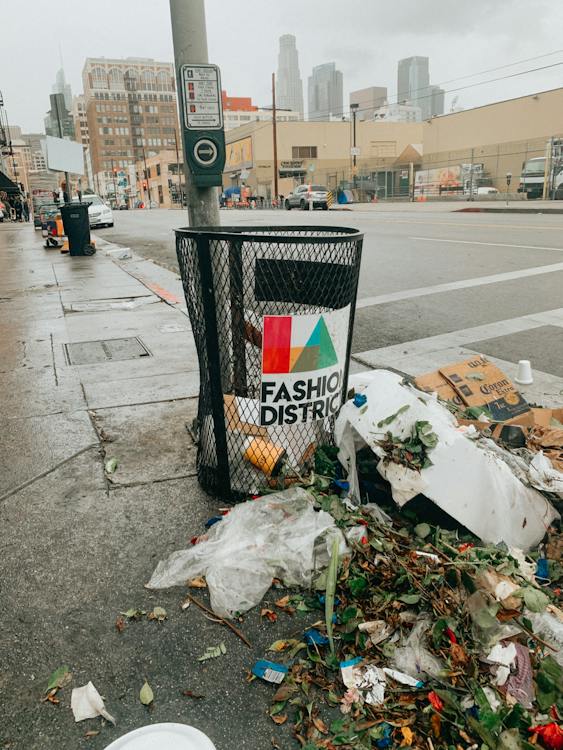In the past 5 years, the plastics industry has acquired a pretty bad rap. Should we stop using plastic? What’s the big deal? Certainly there is something to be aid for natural products. Find out here and take your stance!
Plastic is versatile, durable, and cheap to produce. With so many benefits, how could the plastics industry be bad?
According to the experts at National Geographic, plastic use is out of control. Forty percent of the plastic produced is used once and then discarded. Less than a fifth of all plastic gets recycled. Eight percent of the world’s oil is used for plastic production, and figures project the number to reach 20% by 2050.
Let’s explore the problems plastic creates and how you can lower your plastic consumption.
What’s Wrong With Plastic?
Plastic causes a problem because it can’t be absorbed back into the environment. This is why so much of the plastic we use ends up in the oceans.
Plastic makes its way into marine environments in a variety of ways. A plastic bag or straw floats into the water due to strong wind currents. In other cases, poor plastic waste management results in plastic dumping into freshwater systems. Each year, 8 million metric tons of plastic get tossed into oceans.
Once plastic hits water, it directly impacts marine wildlife.
Sea turtles mistake floating plastic for food and choke or sustain internal injuries. An estimated 60% of all seabirds have eaten plastic, with the percentage expected to reach 99% by 2050. Marine mammals, like dolphins and seals, get tangled in plastic debris. Dead whales have been found with bellies full of plastic products.
Does Recycling Make a Difference?
Recycling plastic makes a big difference. Reusing plastic products conserves non-renewable fossil fields, reduces landfill waste, and lowers gas emissions.
Only non-biodegradable plastic can be recycled. Any plastic material with food residue on it cannot be recycled. All reusable plastic products must be washed before you place them into a recycle bin. Plastic bags, straws, and coffee cups cannot be recycled.
Mixed plastic packaging like pots, films, and tubs can be mechanically recycled. Once the products are sorted and cleaned, the plastic is shredded or melted so it can be molded into a new product.
How to Use Less Plastic
If you’re feeling discouraged about the damage plastic is causing, you can make a difference and reduce plastic consumption.
First, cut out plastic where you can. Replace plastic bag usage by investing in reusable eco-friendly bags. Avoid plastic straws and produce bags. Buy a reusable water bottle to eliminate plastic water bottle consumption.
Next, look for products that use cardboard or paper packaging as opposed to plastic. As consumers, purchasing particular products is a form of support. Choose eco-friendly products that are delivered in plastic-free packaging.
The same mentality applies to restaurants. Support restaurants who recycle, use sustainable take-out packaging and don’t supply plastic straws. With enough consumers pushing for eco-friendly methods, businesses will be forced to reduce plastic consumption.
Finally, reuse as much plastic in your home as possible. Plastic bags can be used for holding valuables in wet environments and cleaning up dog droppings. Crafty people have reused small plastic baggies to create hair ties and q-tips.
Learn More About the Plastics Industry
The plastics industry has a bad rap for a reason. Plastic production drains our earth’s resources. A lack of recycling and overproducing plastic products causes irreversible damage to wildlife, especially marine environments. That’s why you should avoid plastic products as much as possible.
Looking for more information on what to keep in your household? Check out our blog for more mom-related home hacks.

